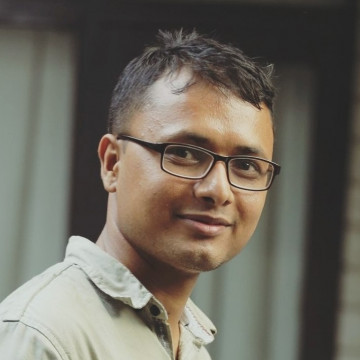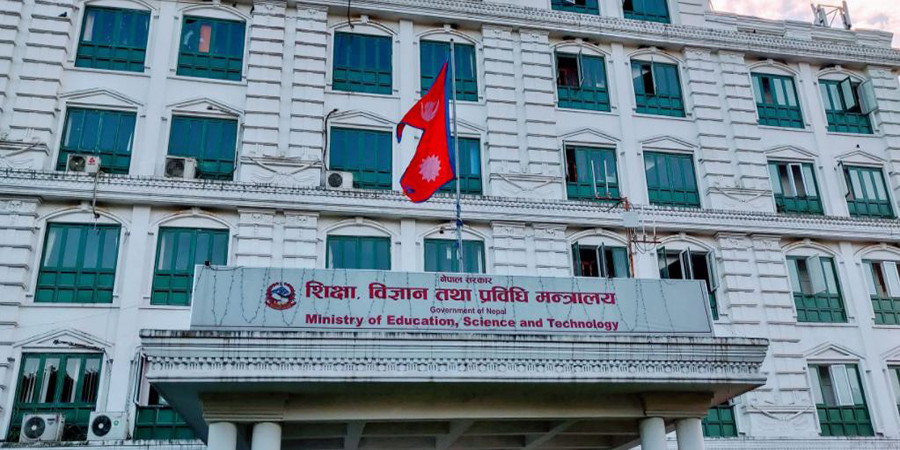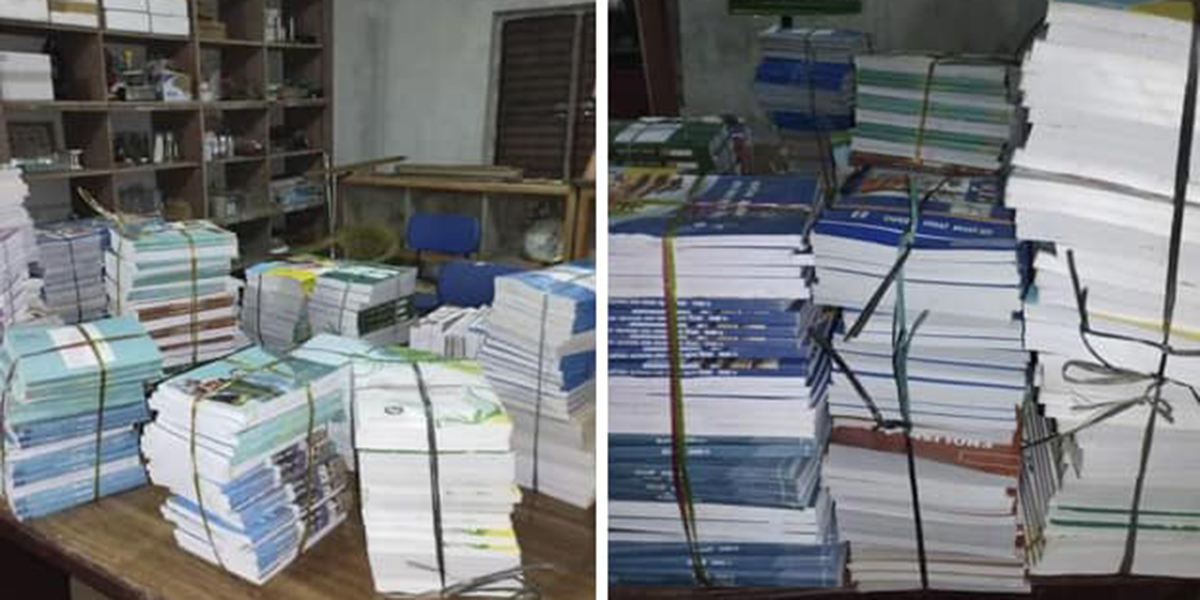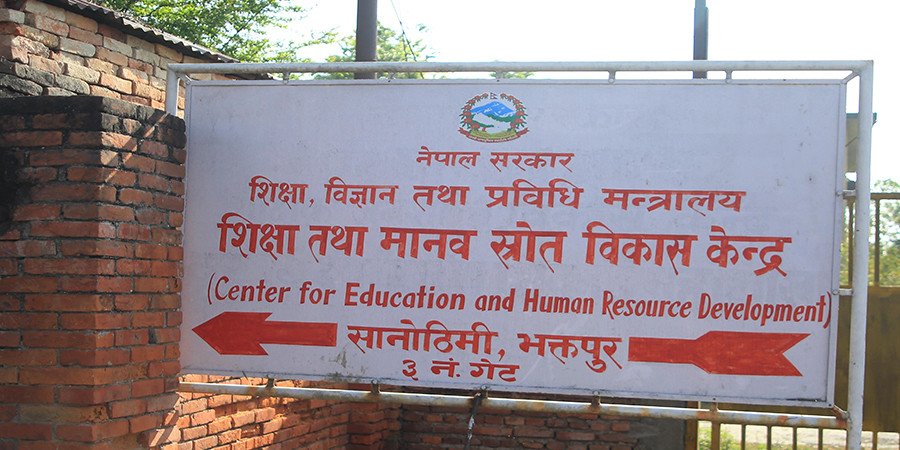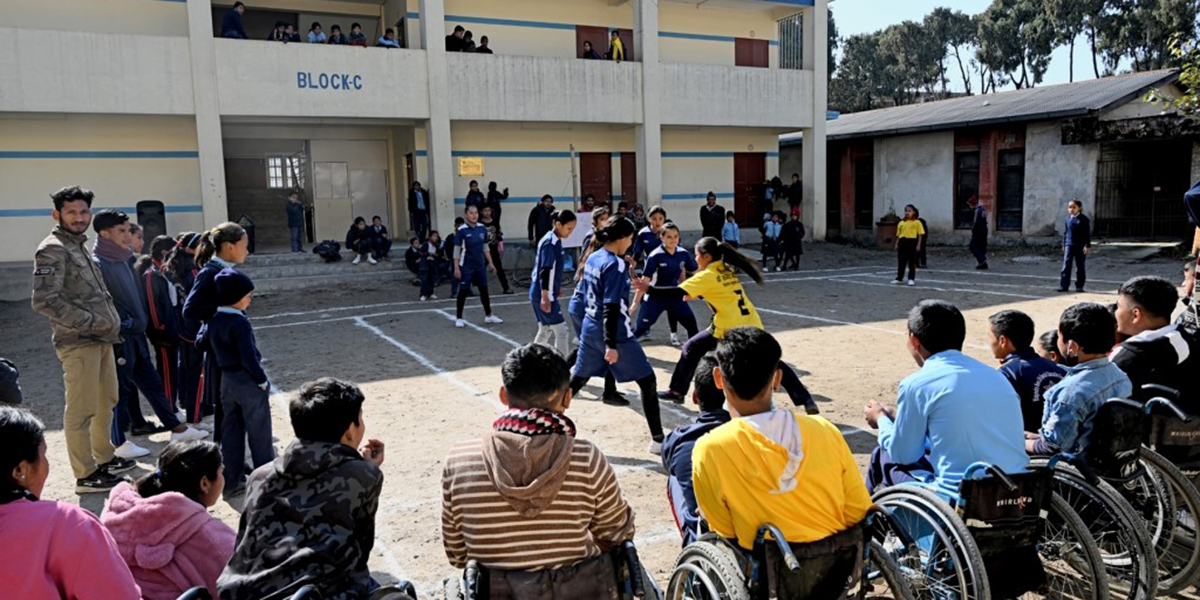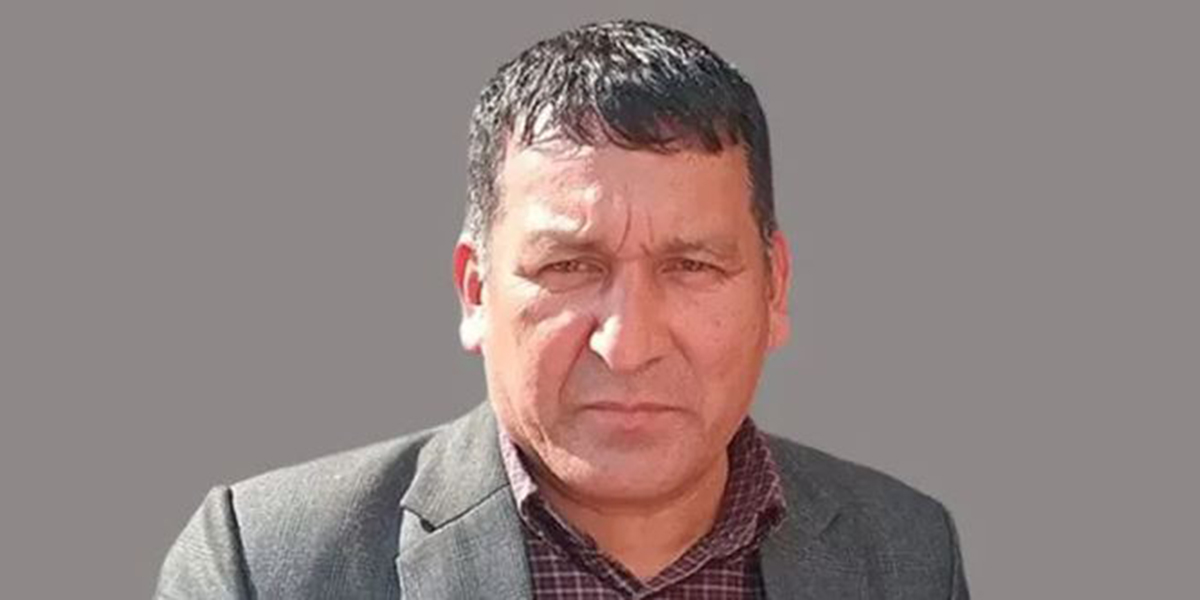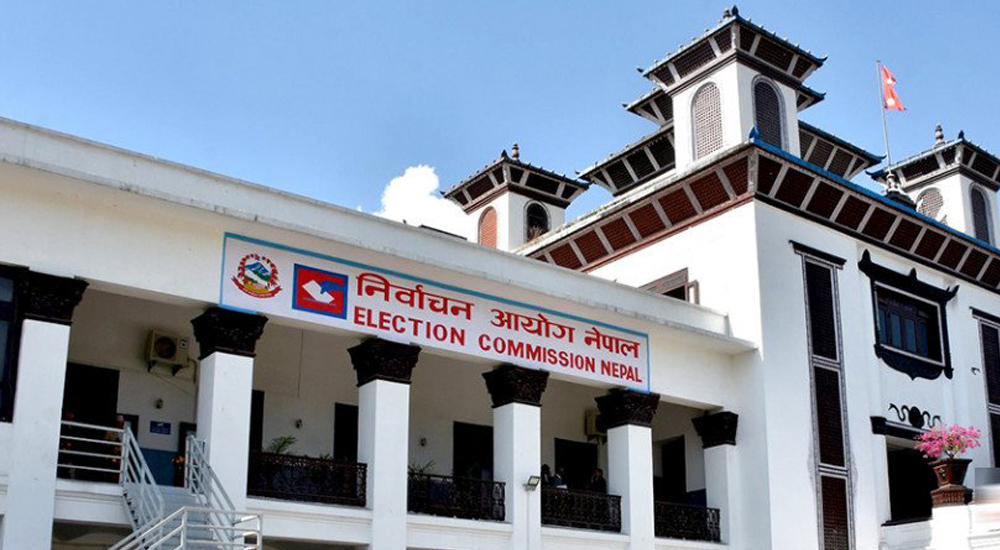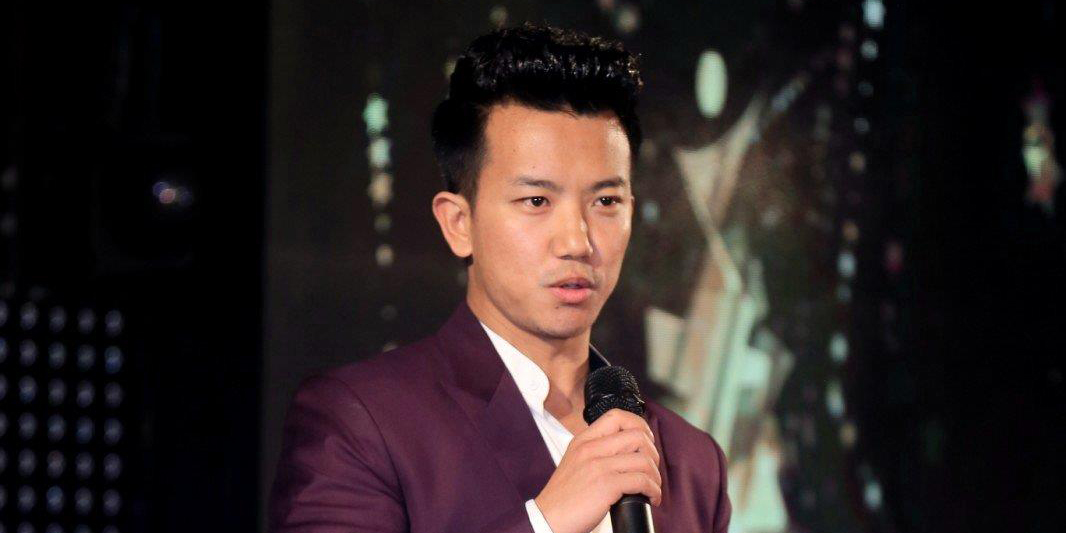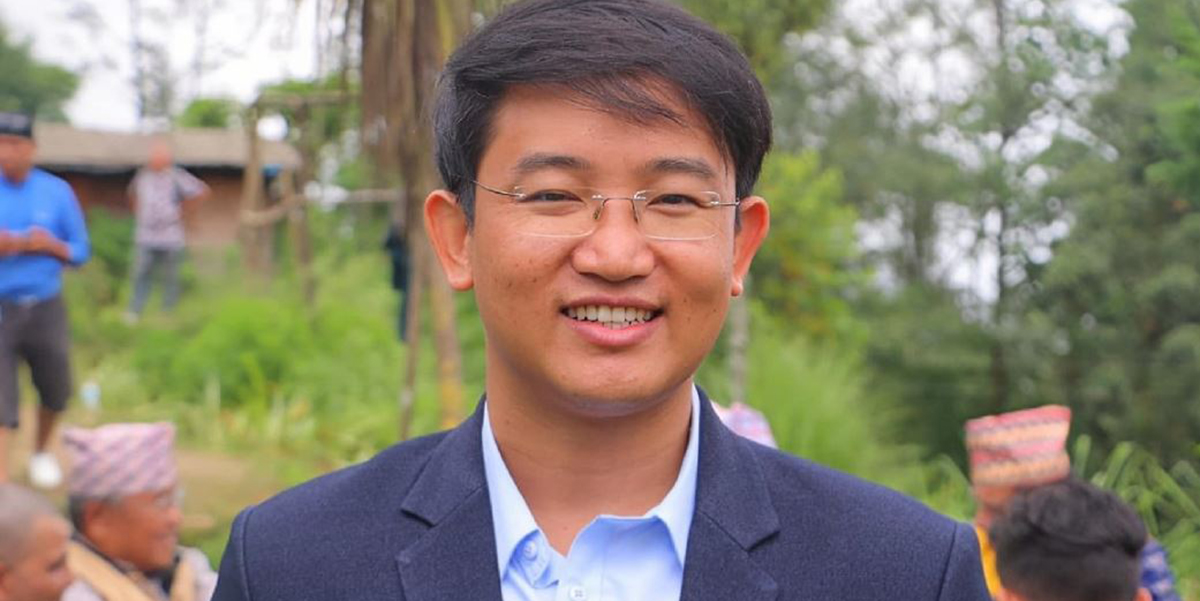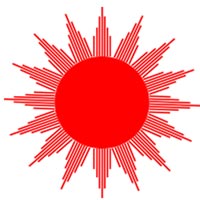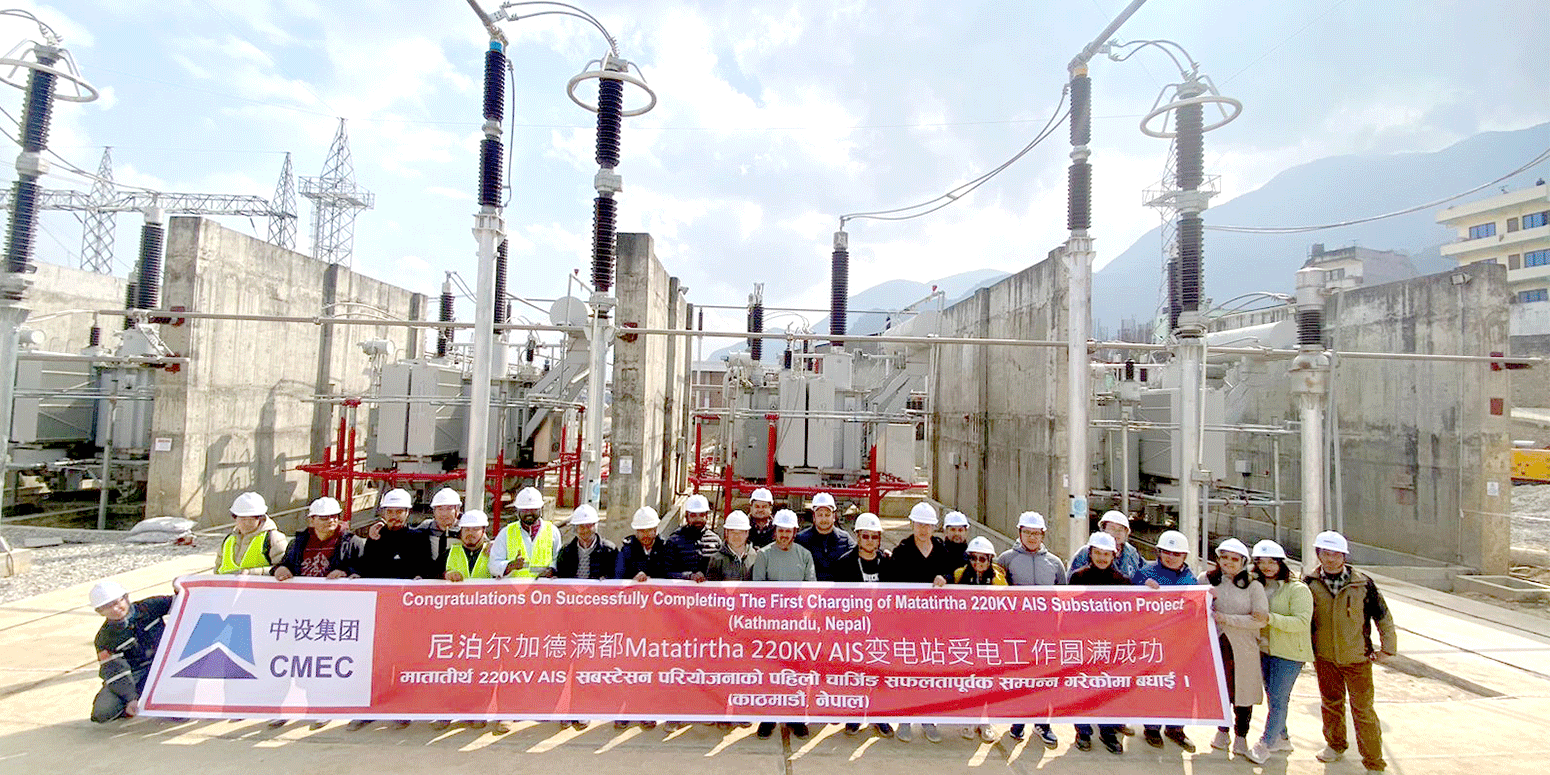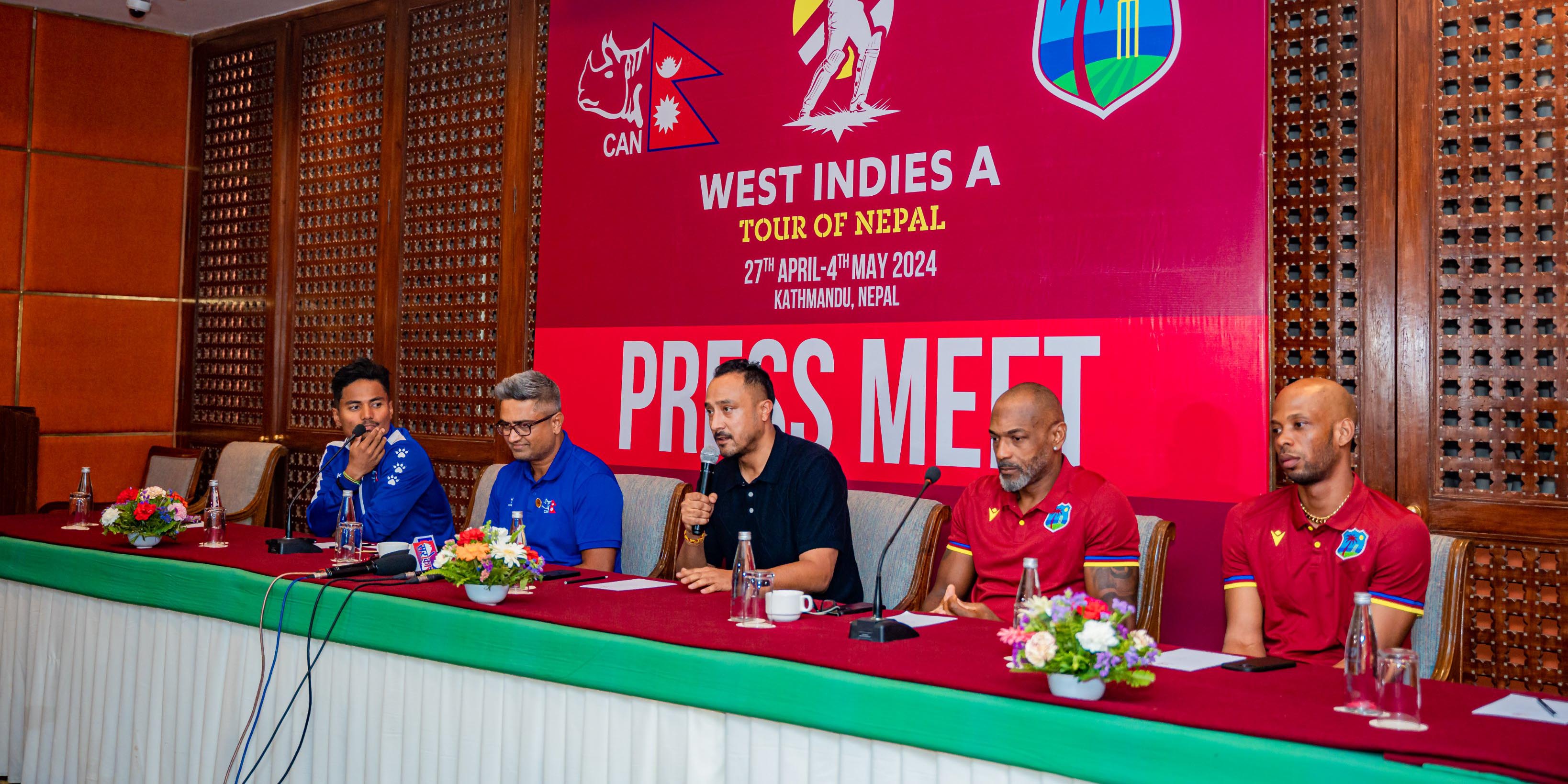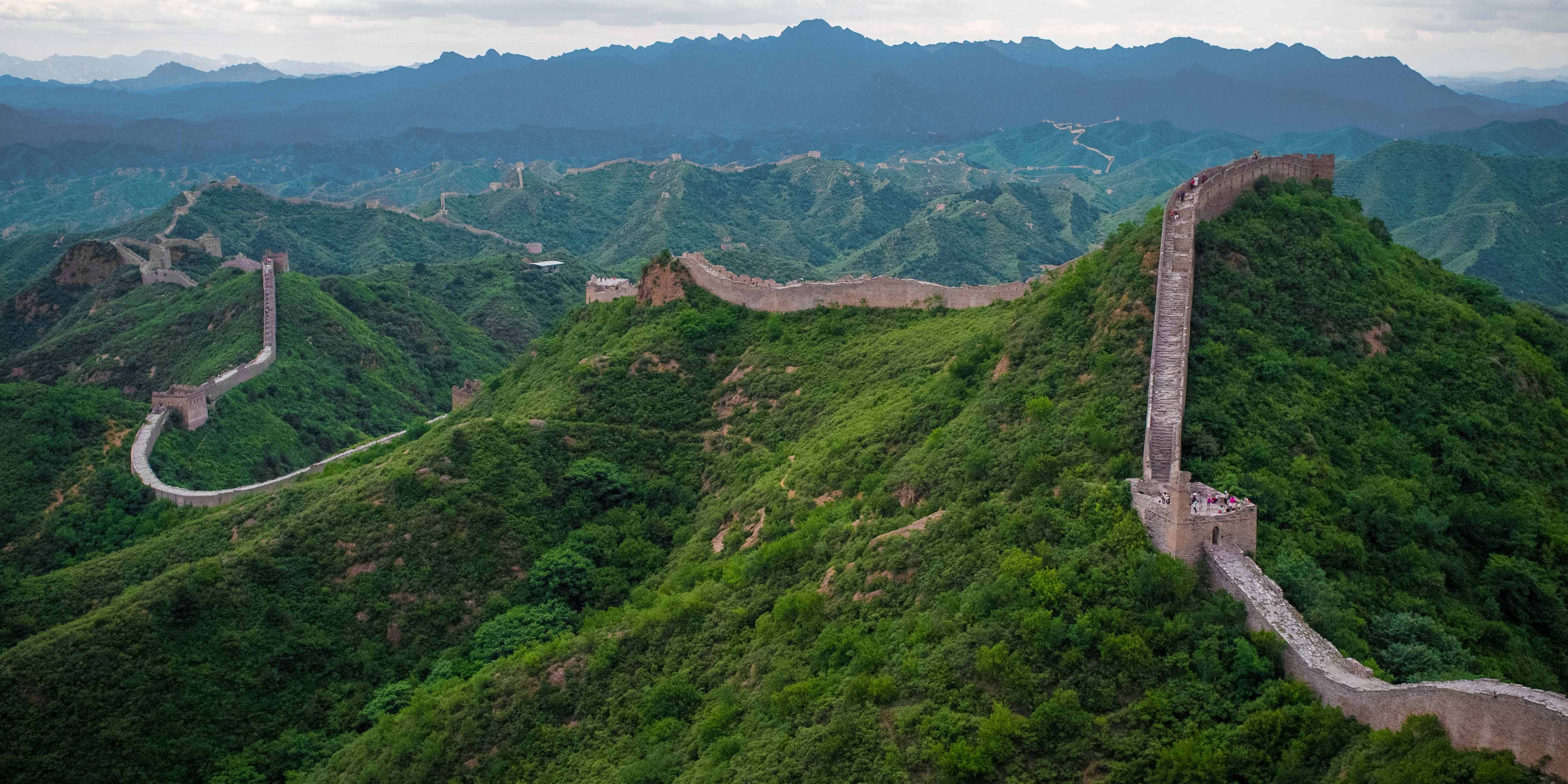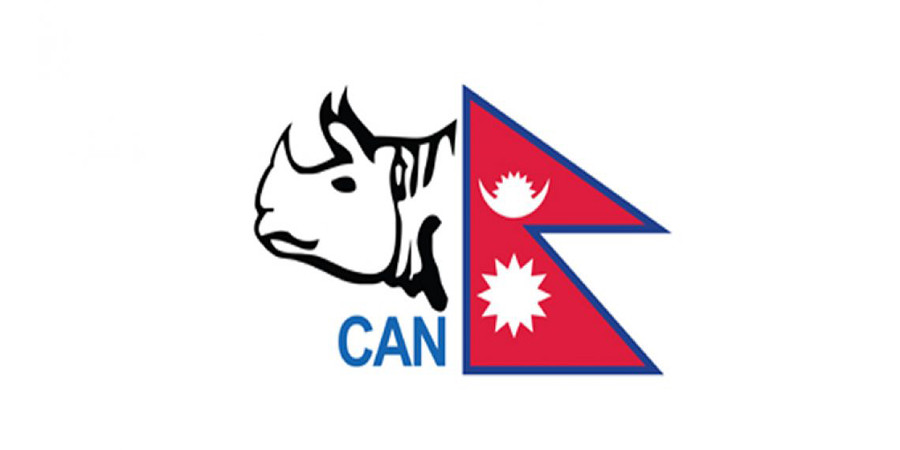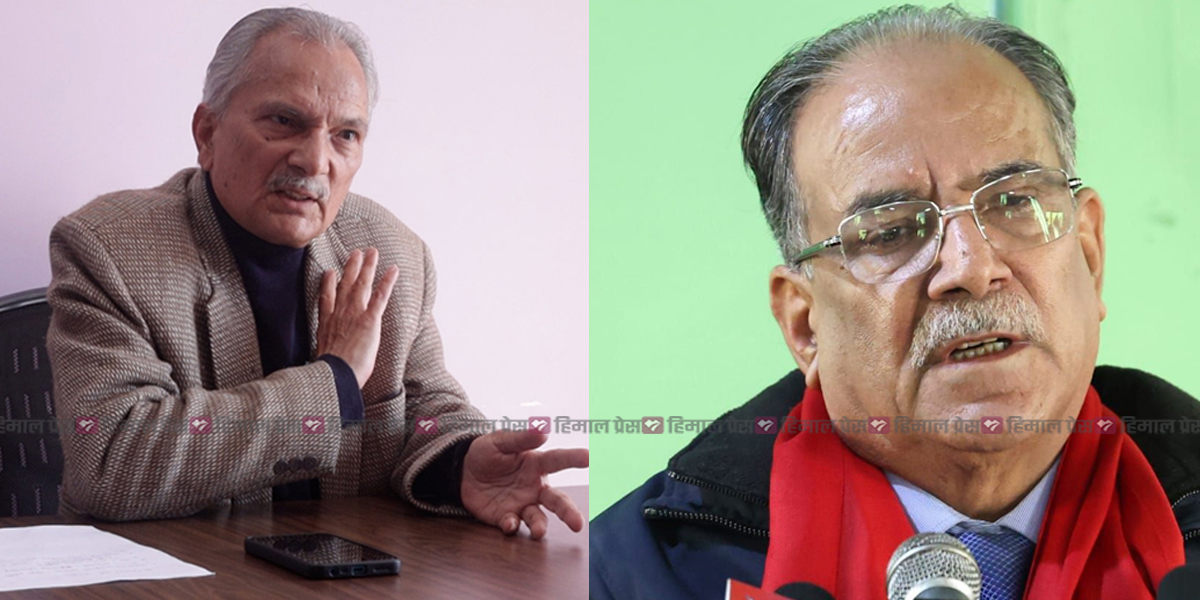
KATHMANDU: Private schools in Kathmandu Valley have been found flouting standards prescribed by the government authorities. These schools are charging fees that exceed the prescribed limit, selling textbooks and uniforms on the school premises, and selecting textbooks that cater to their interests rather than following the curriculum. These violations typically come to light only when the new academic session begins. Although government officials say that would regulate private schools, such activities have continued unabated.
While parents express increasing concern over the high fees charged by private schools, the government appears to be turning a blind eye. Many parents feel that private schools are taking advantage of them because of the government’s failure to take action against schools that are repeatedly violating the prescribed standards. Although some institutional schools have been charging exorbitant fees for a long time, no action has been taken against them. These schools promise parents ‘five-star’ facilities and charge exorbitant amounts of money. Although the government sets tuition fee norms at the start of each new academic session, private schools continue to set fees independently.
Parents allege that private school promoters advertise with many temptations as soon as the academic session begins. Social media is filled with publicity materials of such schools. As the education quality in public schools is perceived to be inferior to that of institutional schools, many people opt for private schools which force parents to pay high fees.
Parents claim that such schools charge fees in an arbitrary manner taking advantage of their political connections. Ullens School in Satdobato is among the most expensive educational institutions in the country. It charges students up to Rs 50,000 per month. Rato Bangala School is another institution that has been charging high fees. The school, however, does not make its fee structure public. Even the Education Department of Lalitpur Metropolitan City, where the school is located, doesn’t have any idea how much the school charges. However, parents claim that the school charges up to Rs 34,000 per month. It also charges a high admission fee and separate fees for boarders.
Schools are required to endorse the fee structure for the next academic session from the parents’ meeting by the end of December and submit it for approval at the education department of the concerned local units.
Other schools, such as Rupy’s International, Premier International, Kathmandu World School, and Imperial World School, are also charging exorbitant fees.
Suprabhat Bhandari, the President of the Parents Federation, said that some private schools have become uncontrollable and are run by individuals with close ties to the centers of power. “These schools openly disregard government standards and take advantage of parents,” he added.
Bhandari has also accused private schools of violating the Institutional School Fee Determination Standards Guidelines brought by the government.
According to Ram Prasad Subedi, the Head of the Education Department of Kathmandu Metropolitan City, schools are not permitted to set fees independently. KMC is continuing with the fee structure approved last year for this academic session, he stated.
The existing structure was approved in 2022 after a four-year gap. “We have no plans to revise the fee structure this year. The responsibility of determining school fees rests with KMC, not the schools,” Subedi stated.
What’s in the guidelines?
The standards require schools to maintain transparency in the fees collected from students and investments made by the promoters. The school fees should be determined based on these factors only. However, no school seems to have followed these standards.
Furthermore, the standards stipulate that school fees should be determined based on a 60% weightage to salaries, 9.5% to scholarships, 14% to house rent/bank interest, 7% to education development programs, and 9.5% for institutional development. Schools are permitted to collect various fees, including monthly tuition fees, annual fees, admission fees, deposits, computer class fees, migration fees, and others.
Schools are also authorized to charge special training fees, hostel fees, lunch fees, transportation fees, education tour fees, inter-school contest fees, education materials fees, and other fees.
According to the standards, schools must present the fee structure for the next academic session during a parents’ meeting by the end of December. After obtaining approval for the fee structure, the school must submit it to the education department of the relevant local unit for endorsement.

